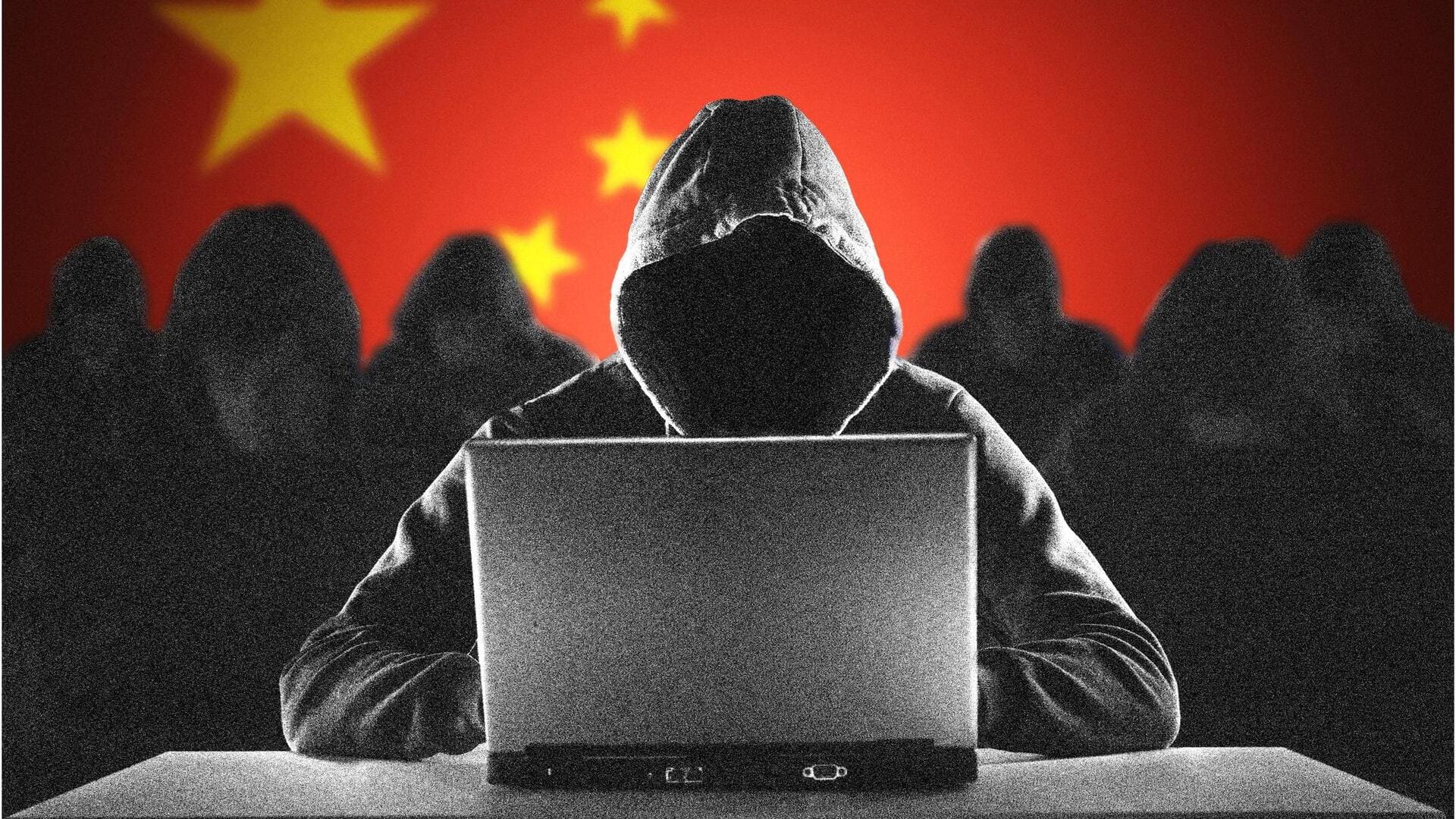
Australia accuses China of hacking telecoms, stealing data worth $8B
What's the story
Australia has accused China of hacking into its telecommunications networks and other critical infrastructure to steal sensitive information. The allegation was made by Mike Burgess, the Director-General of Security for the Australian Security Intelligence Organisation (ASIO). He said that China's espionage activities cost Australia an estimated A$8.1 billion in 2024, including A$2 billion in trade secrets and intellectual property losses.
Cyber threat
Burgess links Chinese hacker groups to government, military
Burgess revealed that hacker groups linked to China, namely Salt Typhoon and Volt Typhoon, have been targeting Australian networks. He claimed these groups are "working for the Chinese government and its military." Burgess also said Salt Typhoon had previously breached US telecom systems in a strategic spying operation and has been probing Australia's telecommunication networks as well.
Operational disruption
Volt Typhoon's potential impact on critical infrastructure
Burgess claimed that Volt Typhoon intends to disrupt operations and has already compromised US critical infrastructure in preparation for possible sabotage. He warned about the potential impact of widespread telecom disruption on sectors like banking and transportation, as well as essential services such as water and power supply. "I assure you; these are not hypotheticals, foreign governments have elite teams investigating these possibilities right now," Burgess said.
Rebuttal
China denies Australia's allegations, lodges representations
In response to Australia's allegations, China has vehemently denied the claims. A spokesperson for the Chinese Foreign Ministry said Burgess's comments "spread false narratives and deliberately provoked confrontation." The spokesperson, Guo Jiakun, added that China has lodged representations with Australia over these accusations. "In recent months, the Australian official you mentioned repeatedly hurled attacks at China, spread disinformation and deliberately sowed division and confrontation," Jiakun said.